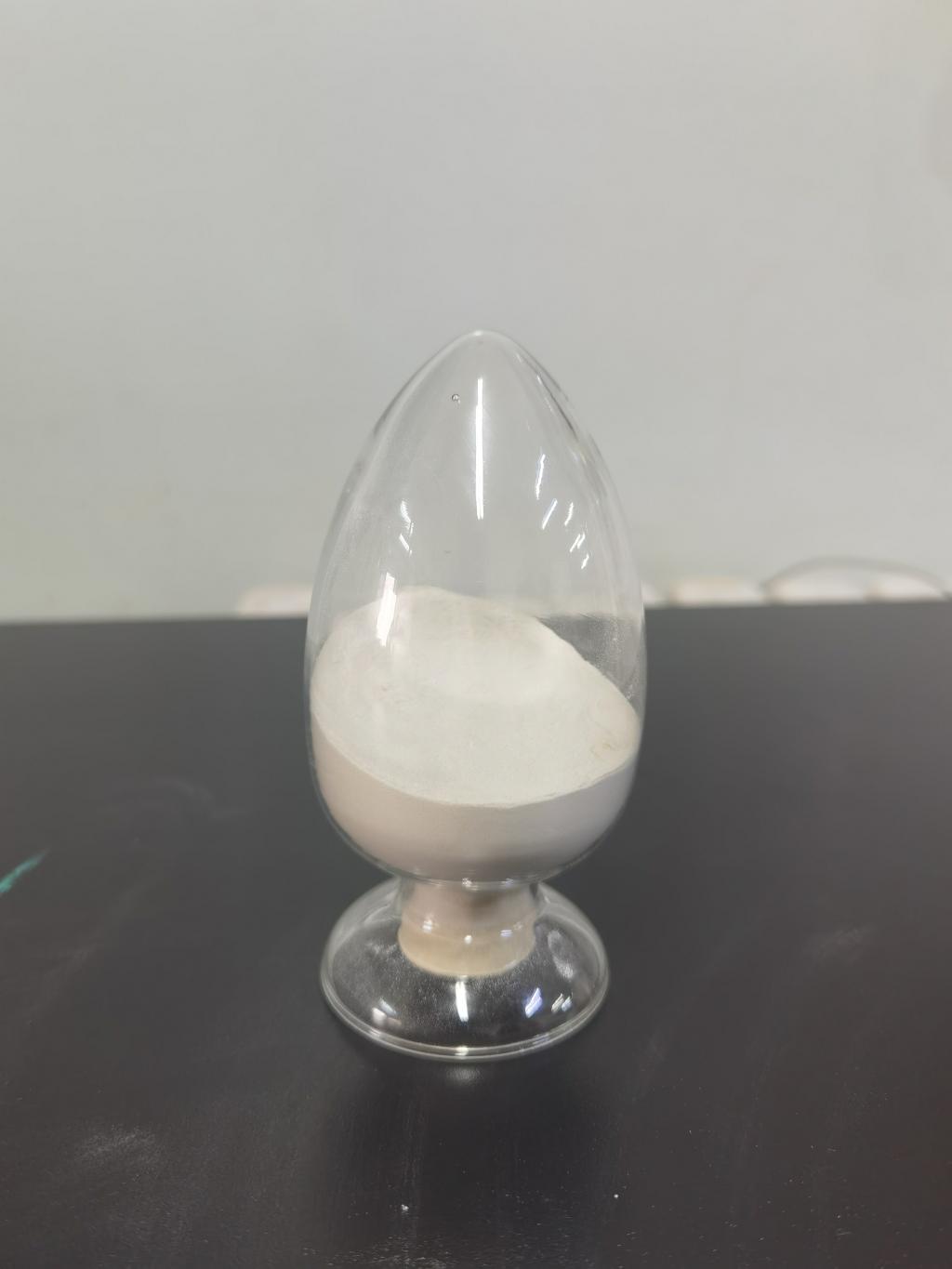Tel:+8618231198596

News
 CONTACT
CONTACT
 CONTACT
CONTACT
- Linkman:Linda Yao
- Tel: +8618231198596
- Email:linda.yao@dcpharma.cn
- Linkman:CHARLES.WANG
- Department:Overseas
- Tel: 0086 0311-85537378 0086 0311-85539701
News
Nisin: Safety approval and regulatory status.
TIME:2023-08-01
Safety Evaluation of Nisin:
The safety evaluation of nisin involves comprehensive studies to assess its potential toxicological effects and determine its acceptable daily intake (ADI). This evaluation adheres to internationally recognized guidelines and includes various aspects such as:
Acute Toxicity Studies:
Acute toxicity studies examine the adverse effects of high single doses of nisin. These studies help identify any immediate health risks associated with its consumption.
Subchronic and Chronic Toxicity Studies:
Subchronic and chronic toxicity studies investigate the effects of repeated doses of nisin over an extended period. These studies provide insights into potential long-term health risks.
Genotoxicity Studies:
Genotoxicity studies assess whether nisin has the potential to cause damage to genetic material, which could increase the risk of cancer or other genetic disorders.
Reproductive and Developmental Toxicity Studies:
Reproductive and developmental toxicity studies investigate the effects of nisin on fertility, pregnancy, and the development of offspring.
Allergenicity Evaluation:
Allergenicity evaluation aims to identify any allergic reactions triggered by nisin in susceptible individuals.
Regulatory Status of Nisin in Different Regions:
Nisin's regulatory status varies in different regions and is subject to approval by respective regulatory agencies:
United States:
The Food and Drug Administration (FDA) regulates food additives in the United States. Nisin is approved as a food additive with specific usage levels permitted in various food categories.
European Union:
The European Food Safety Authority (EFSA) evaluates and approves food additives in the European Union (EU). Nisin is approved as a food additive (E234) with prescribed usage levels in different food applications.
Canada:
Health Canada regulates the use of food additives, including nisin. Nisin is approved as a preservative in specific food categories, subject to compliance with specified maximum usage levels.
Australia and New Zealand:
The Food Standards Australia New Zealand (FSANZ) assesses and approves food additives in these countries. Nisin is permitted for use as a food preservative with prescribed maximum levels.
Other Regions:
In other regions worldwide, the regulatory status of nisin may vary. Some countries may recognize it as an approved food preservative, while others may require further evaluation.
Codex Alimentarius Commission:
The Codex Alimentarius Commission, established by the Food and Agriculture Organization (FAO) and the World Health Organization (WHO), develops international food standards, guidelines, and codes of practice. The Codex has established maximum levels of nisin usage in different food categories to ensure its safe use.
Current Challenges and Research Gaps:
While nisin has a long history of safe use as a food preservative, ongoing research continues to explore potential safety concerns related to its widespread application in various industries. Some studies suggest that extremely high concentrations of nisin might have adverse effects on certain beneficial gut bacteria, raising questions about its impact on the gut microbiome. Additionally, further research is needed to understand the potential long-term effects of nisin consumption, especially at higher than typical exposure levels.
Conclusion:
Nisin, a natural antimicrobial peptide, has received regulatory approval as a safe and effective food preservative from various regulatory authorities worldwide. Its safety evaluation involves comprehensive toxicological studies to ensure its safe consumption within approved levels. As a widely recognized food additive, nisin plays a crucial role in enhancing food safety and extending the shelf life of perishable products. Ongoing research and continuous safety assessments are essential to monitor the safety of nisin and maintain its regulatory approval for use in diverse industries.
- Tel:+8618231198596
- Whatsapp:18231198596
- Chat With Skype







